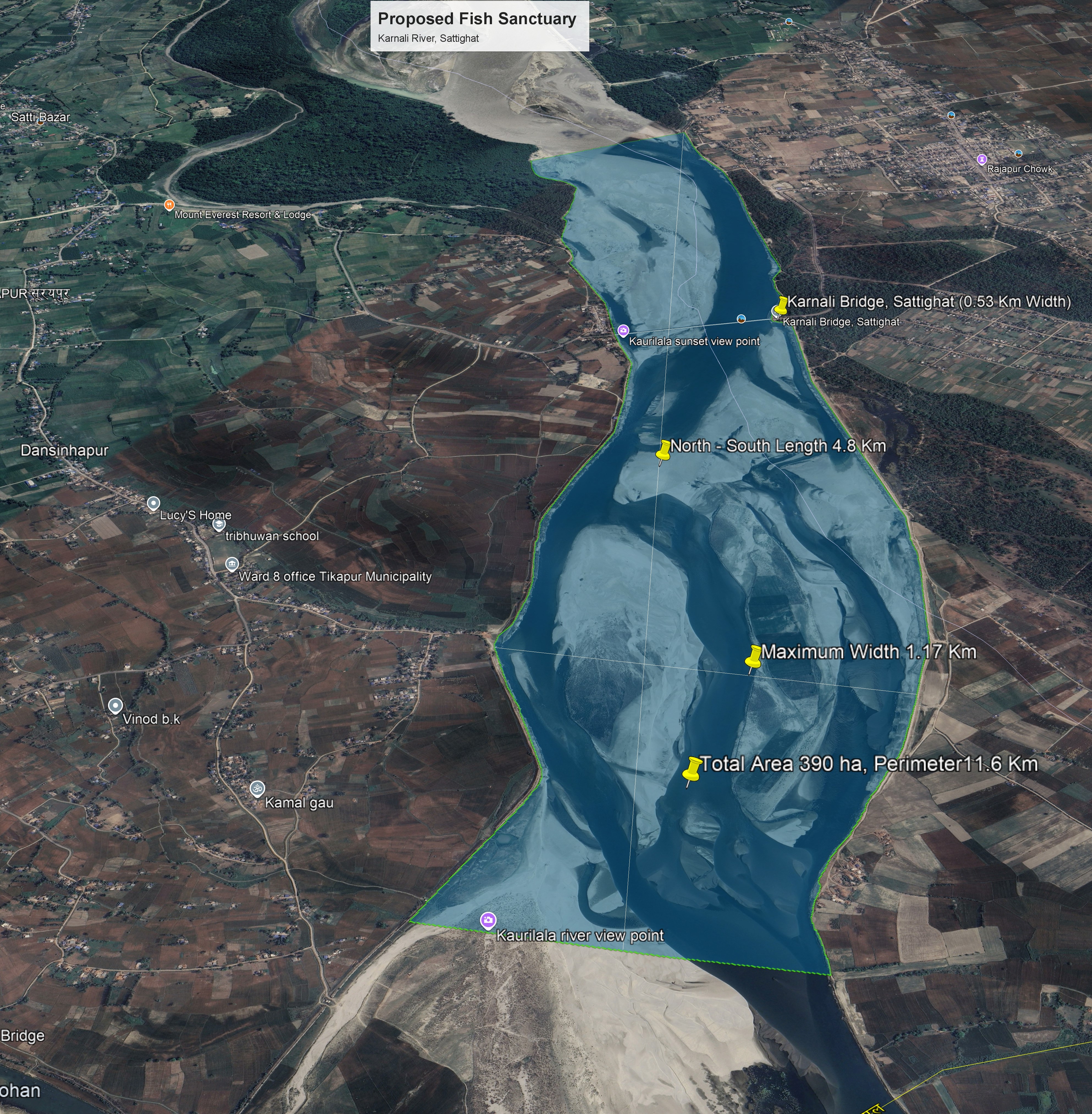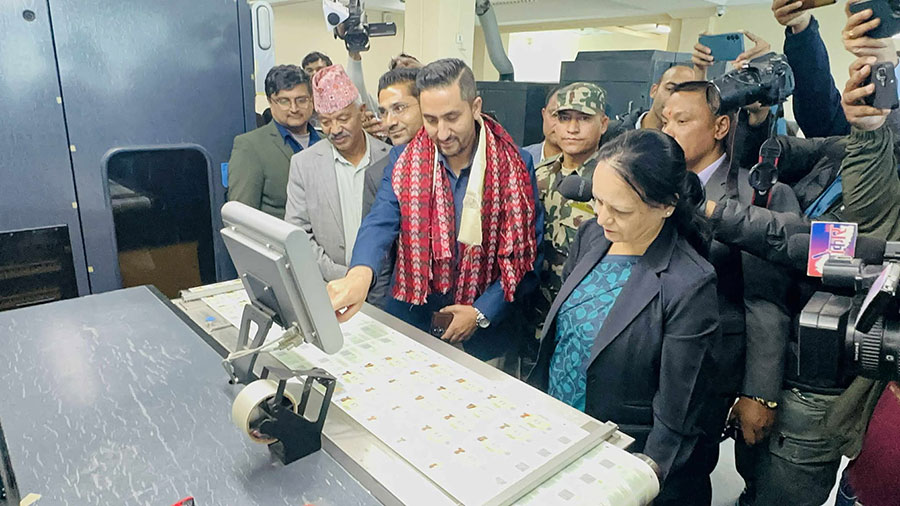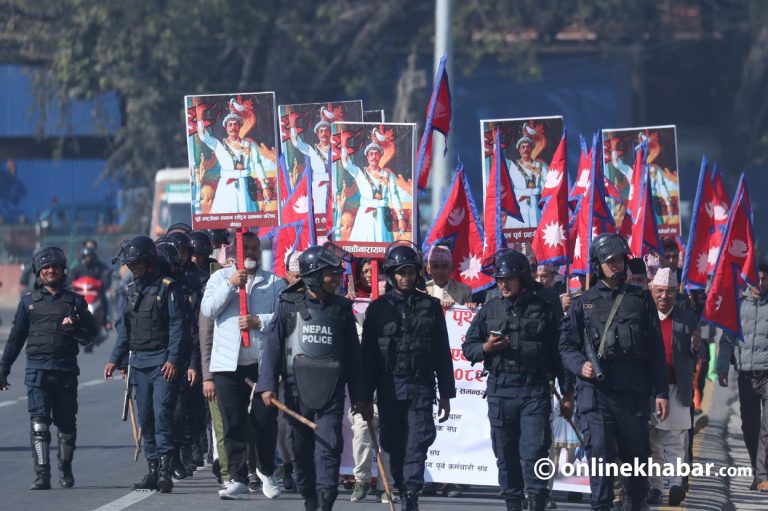
Hetauda, November 9
The Bagmati Province government has initiated an ambitious and strategic approach to tackle one of the major challenges facing local governments solid waste management.
Under this initiative, the provincial government has formed a special task force led by Minister for Physical Infrastructure Development Dr Dinesh Chandra Devkota to explore sustainable solutions through a “cluster model” and a “pilot project.”
The task force plans to position the provincial government as a facilitator and coordinator, linking local governments under an integrated waste management system.
At the task force’s first meeting, waste management expert Dr Dhundi Pathak noted that most municipalities lack adequate resources and technical capacity, making individual efforts impractical. “It’s economically and environmentally unfeasible for every municipality to establish its own landfill site,” he said. “If two or more municipalities develop shared infrastructure, it will reduce costs and make management more effective.”
Dr Pathak suggested that the province should prepare clear guidelines defining which municipalities qualify for what kind of support and establish a dedicated unit to provide technical assistance.
Minister Devkota, who also serves as the task force coordinator, announced plans to develop Dakshinkali Municipality as a “pilot project” to create a model for waste management at the source. “We will develop Dakshinkali as a showcase project,” he said, adding, “If it succeeds, the model will be replicated across all 119 municipalities in the province.”
According to him, the plan will be implemented in two phases: first, drafting a province-level scientific procedure within the next two to three months; and second, launching the pilot project in Dakshinkali based on that procedure. The project will be multi-year and partnership-based, with joint investment from the provincial and local governments.
Minister Devkota said the government is determined to deliver tangible results, learning from past shortcomings. “We’ve taken the disappointment from earlier failures as a positive pressure,” he said. “There’s no room for doubt, this project will move forward.” He expressed confidence that significant results would be visible within the next eight to ten months.
“Sisdol Mentality” a major challenge

Ministry Secretary Ishwor Chandra Marhatta identified the prevailing “Sisdol mentality” as a major obstacle to effective waste management. He said the public tends to react with disgust upon seeing waste and fears that establishing waste processing centers will ruin their localities, hampering policy implementation.
“Waste is not a problem, it’s a billion-rupee resource,” Marhatta said. “But because we fail to manage it properly, we carry a heavy financial burden.” He added that since individual efforts are not viable, the province is committed to facilitating an integrated regional management model.
Dakshinkali Mayor Mohan Basnet said the municipality is ready to proceed immediately once the province ensures the allocated budget. “If the budget is confirmed, we can begin work right away,” he said. “But our concern is that the funds might get withdrawn later, as has happened before.”
He emphasized the need to first build essential infrastructure such as waste collection and segregation centers. “The first step is to build the structure. If we can separate biodegradable and non-biodegradable waste and convert the biodegradable portion into compost, it will ensure long-term sustainability,” he said.
However, Basnet argued that the project should be implemented by Dakshinkali alone rather than in collaboration with other municipalities to avoid potential disputes. “If multiple municipalities are involved, conflicts may arise, so it’s better for Dakshinkali to execute it independently,” he said, adding that necessary equipment and tools must also be ensured for effective management.
Ministry spokesperson and engineer Bhupendra Kumar Yadav said the Ministry of Physical Infrastructure Development has allocated Rs 20 million to develop Dakshinkali Municipality as a “model municipality” for waste management in Bagmati Province.
























